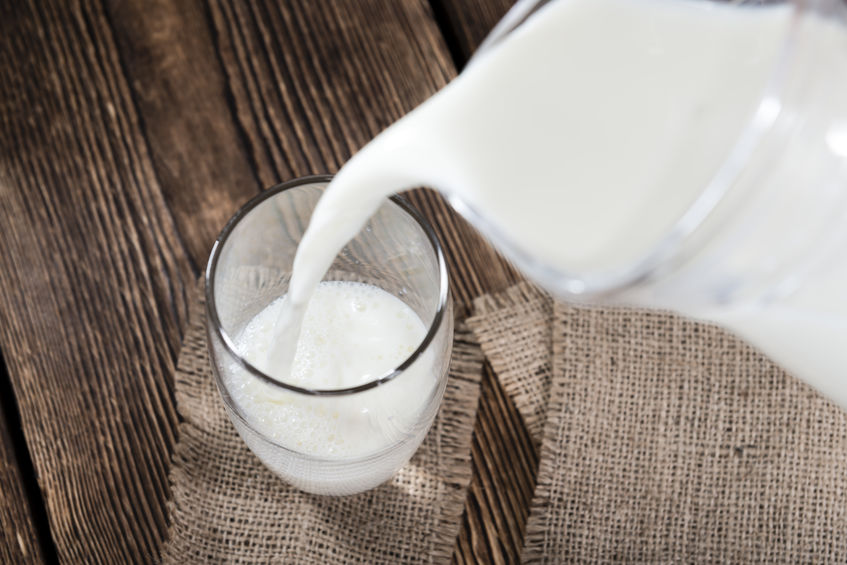
The European Commission has outlined a new support package worth €500 million for European farmers.
The package, from EU funds, has been unveiled to support farmers in the face of ongoing market difficulties, particularly on the dairy market.
The measures were presented by the EU Agriculture Minister Phil Hogan. He said: "Coming at a time of significant budgetary pressures, this package provides a further robust response, and means that the Commission has mobilised more than €1 billion in new money to support hard-pressed farmers.
"Our ultimate goal is to see the much needed recovery of prices paid to farmers, so that they may make a living from their work and continue to provide safe, high quality food for citizens, as well as their contribution to rural areas and rural jobs and the provision of public goods."
Today's package contains three main elements:
• An EU-wide scheme to incentivise a reduction in milk production (€150 million)
• Conditional adjustment aid to be defined and implemented at Member State level out of a menu proposed by the Commission (€350 million that Member States will be allowed to match with national funds, thus potentially doubling the level of support being provided to farmers)
• A range of technical measures to provide flexibility (e.g. on voluntary coupled support), cash-flow relief (e.g. through an increase in the amount of the advances for both direct and area-based rural development payments) and reinforce the safety net instruments (by prolonging intervention and private storage aid for Skimmed Milk Powder).
The precise details of all the different measures will be finalised in the coming weeks, in consultation with Member State experts.
Incentives to reduce production (€150m): With the most recent meeting of the Milk Market Observatory Economic Board concluding that a correction on the support side of the dairy market is still necessary, the Commission will put forward an EU-wide measure aimed at incentivising a voluntary reduction in production.
Conditional adjustment aid (€350m, plus possible national co-funding up to an equal amount. Such top-ups are not considered a state aid): With the prolonged crisis showing that some farmers maintain or even increase production in order to maintain cash flow, the Commission intends to provide new funds which can be linked to specific commitments while contributing to secure market stability.
The financial grant available to each Member State takes into account the main features of its sector including production, market prices and the weight of small farmers.
Member States will have flexibility to define the measure or mix of measures they will make available to farmers – such as extensive production methods, support for small farms, cooperation projects, further production reduction support measures, etc. There will also be scope to cover other livestock sectors.
Other technical adjustments: With many Member States providing voluntary coupled support to the dairy sector (often per cow), they will be granted the possibility to derogate from the obligation to maintain the size of the herd in 2017.
Moreover, in a repetition of last year's move, Member States will again be allowed to advance up to 70% of Direct Payments from October 16 and 85% of area-based Rural Development payments without the necessity of completing the on-the-spot checks.
On the other hand, the Commission intends to extend the period for public intervention and for private storage for Skimmed Milk Powder beyond the end of September.
The Commission will also update the support for withdrawals for fruit & vegetables made by producer organisations.
